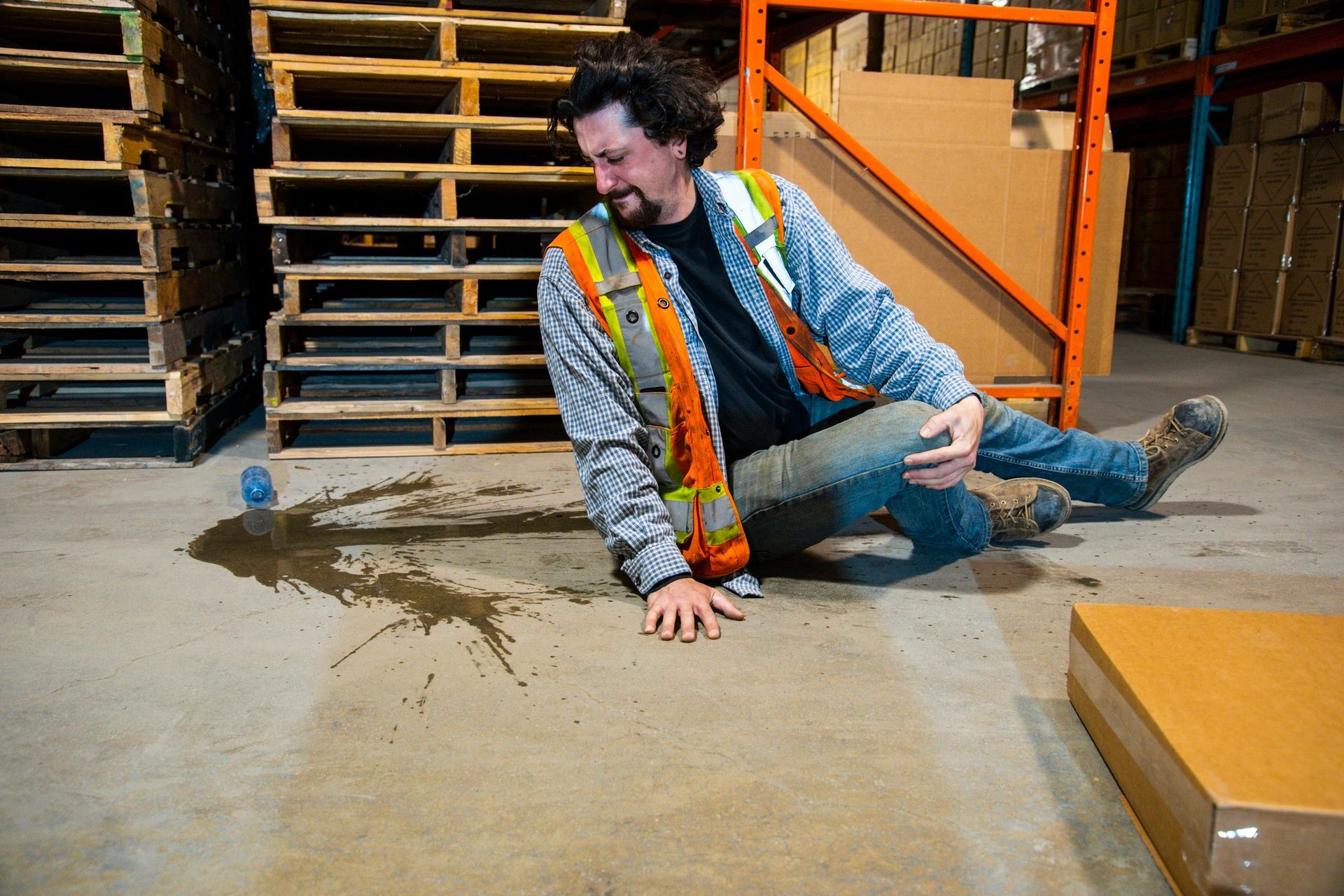Extreme Heat's Effects on Transportation
Extreme Heat Takes Its Toll on Transportation
Heat, Flooding, Fires and Mudslides
Rising temperatures can affect transportation in many regions. These impacts can be both immediate and long-lasting. For example, heat affects runways, and hotter air can make it more difficult for airplanes to take flight. Heat can also damage rail tracks and cause cracks in roads. In addition, heat can pose safety risks to transportation workers and travelers. For example, vehicles can overheat and roadway joints can buckle, leading to accidents. In many regions, sea level rise, changes in precipitation, extreme weather, and heat pose risks to the transportation system. These hazards may affect system performance, safety, and reliability.
In coastal regions, rising sea levels and more extreme storms can lead to more storm surge and flooding, which can damage roads, bridges, railways, ports, and coastal airports. Increased local flooding can affect roadways and tunnels, weaken roadway materials, and cause traffic congestion. Across inland regions, heavy rains can cause flooding and mudslides, affecting highways, railways, and bridges. Lack of rain can also be a concern. Drought combined with extreme heat increases wildfire risk. Wildfires can damage transportation networks and impair drivers’ visibility.
CERTAIN COMMUNITIES HIT HARDER
Some groups are particularly vulnerable to climate change impacts on transportation. For example, more than 25 million Americans have disabilities that make traveling outside their home difficult. People with disabilities are more likely to use public transit, so they can be greatly affected when these services are disrupted.
Low-income households, older adults, and those who speak limited English often have fewer transportation options. Disruptions to these networks can further reduce access to services and resources, especially during emergencies. Studies anticipate that coastal flooding due to sea level rise will also disproportionately affect minority and low-income communities.
WHAT HAPPENS IN VEGAS…HOPEFULLY STAYS IN VEGAS
Delta Airlines’ passengers had a tough week. While on board waiting for takeoff, the cabin became very hot. Thinking that the plane would be heading to the runway soon, passengers and crew stayed onboard. However, the airplane was delayed for several hours, and the situation deteriorated. Some passengers and crew fell ill and had to be transported to the hospital. The saga ended with a canceled flight, and joined the litany of airline horror stories across social media. The Department of Transportation is investigating the incident.
STAYING SAFE
With the current heat wave, driving on any day is driving on a hot day. With that in mind, follow the safety tips below:
1. Check your tire pressure; heat can cause your tires to inflate—and blow out;
2. Check the level of your engine coolant;
3. If your engine heats up past the midway point on the indicator, turn the AC off and/or pull over to give the car a rest;
4. If the engine overheats and starts to smoke, call 911 and/or AAA, get out of the car and stay away from it;
5. Within just 10 minutes of parking your car on a 90-degree day, the interior temperature can hit 110 degrees. Don’t leave kids or pets in a parked car, even for just a few minutes, and bring plenty of water for a trip. The back seats and cargo areas of many cars don’t get as much air as the front seats, so make sure your kids, both human and furry, stay hydrated;
6. Proceed with caution in an electric car. High temperatures (and cold ones, too) can reduce the charge of your battery, sometimes by as much as 40 percent. You’ll want to take that into account when planning a trip.
CONTACT YOUR ATTORNEY
Severe weather always creates risk. Extreme heat, flash flooding from heavy rain, mud slides and smoke are all occurring in the U.S. this summer, and they all bring extra hazards to transportation. If you are involved in an accident due to a damaged road, flooding, mud slides and debris in roadways, or poor visibility due to fire, contact Dave Thomas at The Thomas Law Firm for a free consultation regarding your legal rights.





